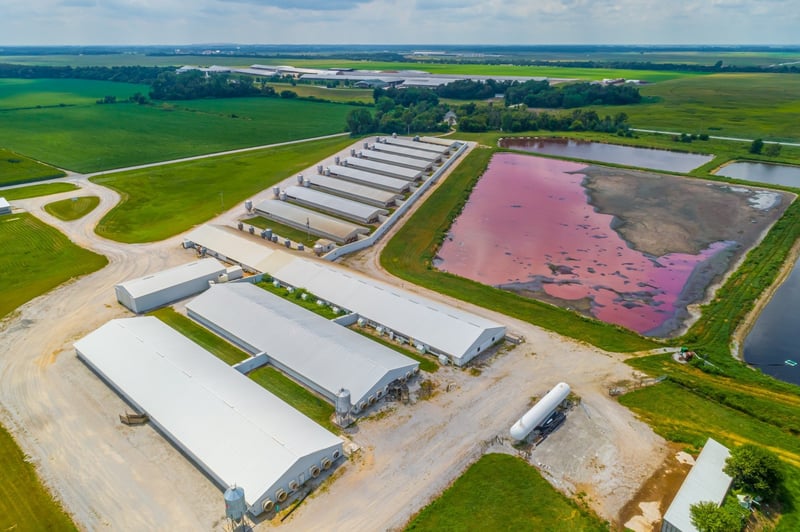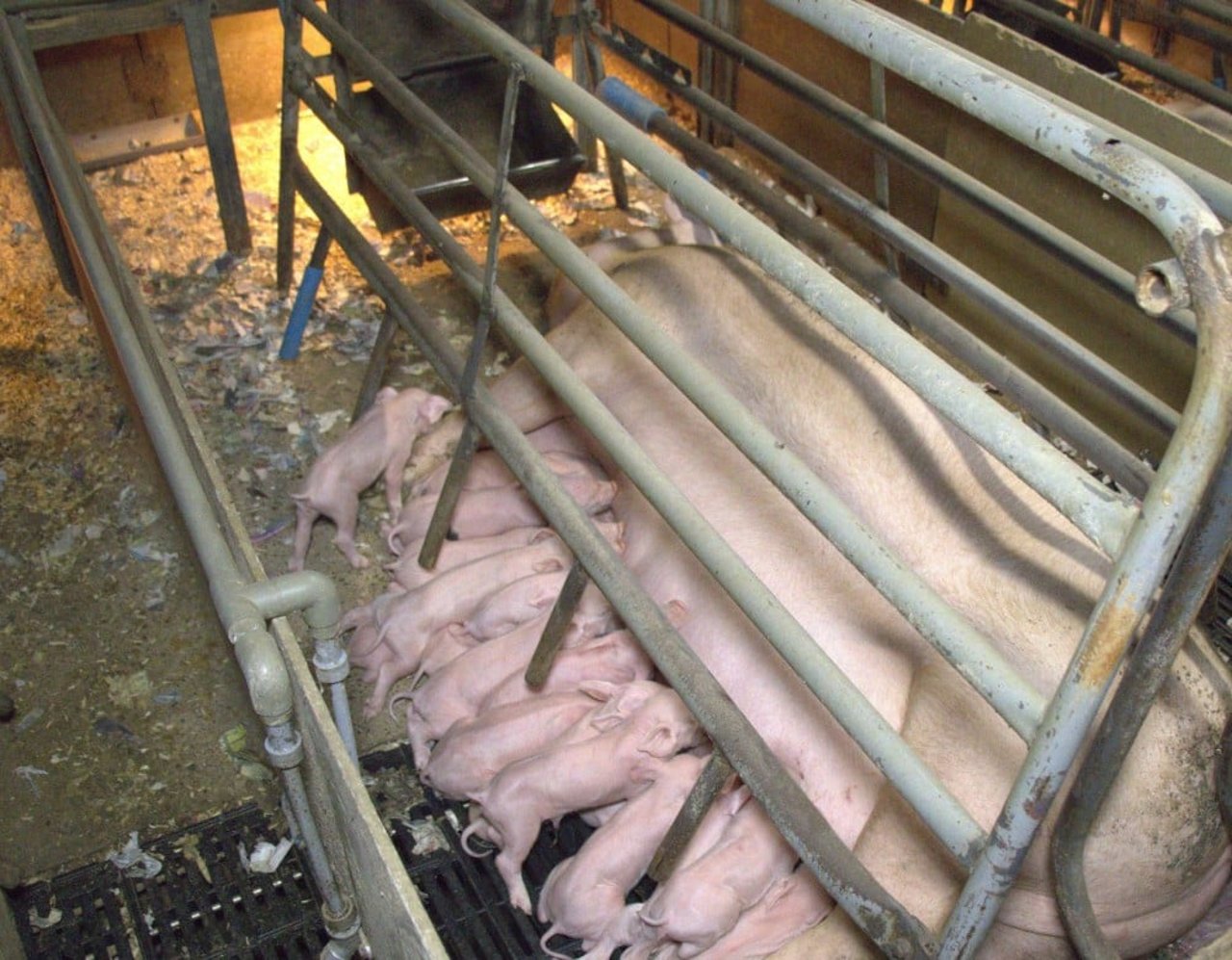
Learn why the insidious inner workings of a factory farm can be hard to expose to the public.
Whistleblowers and undercover investigators play critical roles in exposing illegal and harmful activities of industries and helped advance protective regulations. But in factory farming, big meat companies have fought hard to push “ag-gag” laws in many states that would make it a crime for people to reveal the truth about how they operate.
Ag-gag laws intend to hinder an individual or group’s ability to investigate, document, and publicize the conditions and abuses on factory farms. They often establish hefty fines, jail time, or restrictions for anyone convicted of documenting and/or publicizing animal cruelty on factory farms.
What are these companies working so hard to hide? Past undercover investigations by activists and employees on factory farms have revealed egregious animal abuse, including animals being beaten, kicked, maimed, and physically dragged across the ground. They’ve also exposed the realities of practices that are considered “standard” in the industry, including mother pigs trapped in gestation crates with open wounds and cows being dehorned or having their tails cut off without anesthesia.
Baby pigs attempting to nurse through a pig gestation crate on a factory farm.
The good news? Many of the industries’ attempts to push ag-gag laws through state legislatures have failed, such as in Washington, California, Colorado, Minnesota, and Illinois. Many laws that have passed have been later struck down as unconstitutional.
Still, the wave of ag-gag laws has served to keep animal advocates focused on defeating or overturning them where they are introduced and has significantly deterred further investigations into factory farms. Factory farm companies continue to get away with nearly zero transparency, hiding the animals’ suffering from the public eye.
You can stand against this cruelty and help ban factory farming.
